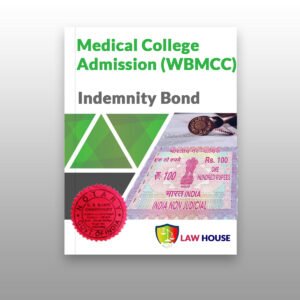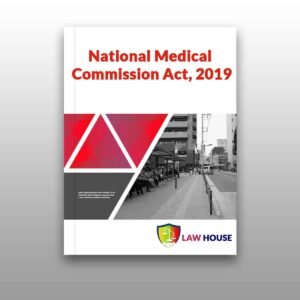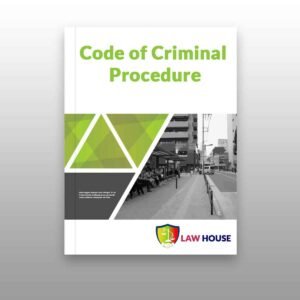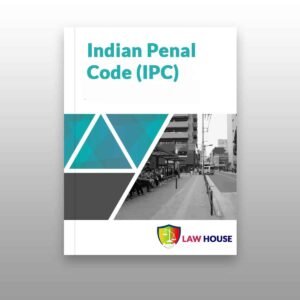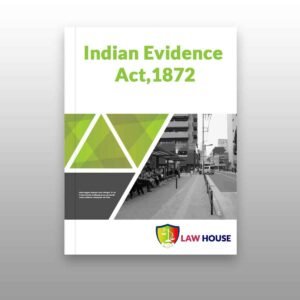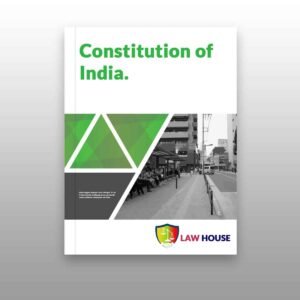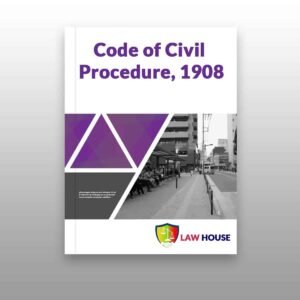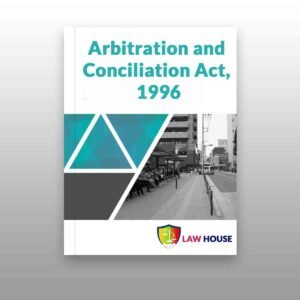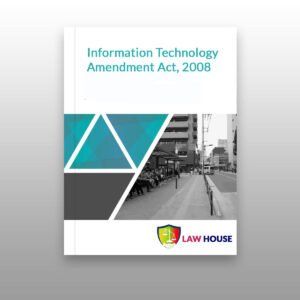In the judgment given in Bolam V/s. Friern Hospital Management Committee (1957) 2 All ER 118. , McNair, J., while addressing the jury summed up law as under:-
“The test is the standard of the ordinary skilled man exercising and professing to have that special skill. A man need not possess the highest expert skill at the risk of being found negligent. It is a well-established law that it is sufficient if he exercises the ordinary skill of an ordinary competent man exercising that particular art. I do not think that I quarrel much with any of the submissions in law which have been put before you by counsel. Counsel for the plaintiff put it in this way, that in the case of a medical man, negligence means failure to act in accordance with the standards of reasonably competent medical men at the time. That is a perfectly accurate statement, as long as it is remembered that there may be one or more perfectly proper standards; and if a medical man conforms with one of those proper standards then he is not negligent.”
WHAT MUST BE PROVED IN A CASE OF MEDICAL NEGLIGENCE:
There are three essential elements to proving a claim for medical negligence. They are as follows:
- Medical negligence (breach of the standard of care)
- Causation
- Harm (injury and damages)
REASONABLE STANDARD OF CARE: The “standard of care” is what a reasonably prudent medical care provider within the same field or specialty should do in caring for you under the circumstances. In a majority of cases, the opinion of other medical practitioners as to what their conduct would have been under the same circumstances is taken on record to establish what a reasonably prudent medical practitioner should have done under the circumstances.
DEFINITION OF MEDICAL PRACTITIONER: One does not have to be a doctor to be held guilty of medical negligence. Any healthcare provider, like a nurse or an anaesthetist, can also be held liable for medical negligence if they fail to act in a prudent and reasonable manner.
PROVING CAUSATION: For a patient/next of kin of patient who believes that they have been a victim of medical negligence, it is necessary to prove causation. The victim will have to prove that not only did the harm was a result of the medical negligence, but that it was also a reasonably foreseeable injury that would’ve resulted from the said medical error. Causation, which is of two types (1) actual causation and (2) proximate causation, is usually proven through the testimony of one or more qualified experts.
RES IPSA LOQUITOR is a Latin phrase which translates into “the thing speaks for itself”. This is an exception to proving of causation for cases where causation is assumed owing to the fact that the resultant injury would have resulted only from a medical error. Eg. In a case of invasive surgery where the medical practitioner leaves an instrument or any foreign material inside the body of the victim, causation would not have to be proved.
INFORMED CONSENT: An ‘informed consent’ is a document that patients sign prior to undergoing medical treatment or a surgical procedure. However, the fact that the patient signed an informed consent is not a bar to bringing a claim for medical negligence. In fact, the consent is purportedly to inform the patient of the known and anticipated risks and potential poor outcomes, from a given treatment plan or procedure. It does not constitute a waiver of the patient’s right to not be harmed by errors or negligence by the doctor, nurse, or other medical provider. In other words, the patient has the right to be informed that certain adverse (bad) outcomes are a risk of a given treatment or procedure, even where the doctor and medical staff is reasonably prudent in providing the treatment – that is the purpose of the informed consent. It is not meant to preclude you from recovering for injuries and damages which are caused by the negligence of the physicians or staff, as clearly we expect our healthcare providers to provide us with reasonably prudent care.
PROVING MEDICAL NEGLIGENCE: proving a medical malpractice claim is difficult and requires experience and knowledge about the medical standard of care for the particular field of treatment, the mechanism, and causation of the injury and an ability to keenly assess whether your injury resulted from negligence or was merely a poor outcome. First, one should consult with a competent and experienced medical malpractice attorney, who has extensive experience in handling not just personal injury claims, but specific knowledge and understanding of the handling of medical negligence claims.
PROCEDURAL REQUIREMENT: In India, medical negligence is covered by the Consumer Protection Act. In certain cases, medical negligence could also be of a criminal nature. The victim must file a case with the Consumer Forum/Commission of appropriate jurisdiction in order to initiate the claim. Fortunately, the Consumer Forums are pro-consumers and hence, even in cases like medical negligence which are fairly difficult to prove, relief may be granted based on the merits of the case.
Read More:











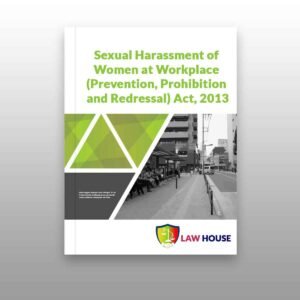






![Honey trap in Cybercrime: A to Z guide Exploring Honey Trap in Cyberspace [With Video]](https://www.lawhousekolkata.com/wp-content/uploads/Post-Images/Honey-Trap-300x169.jpg)












